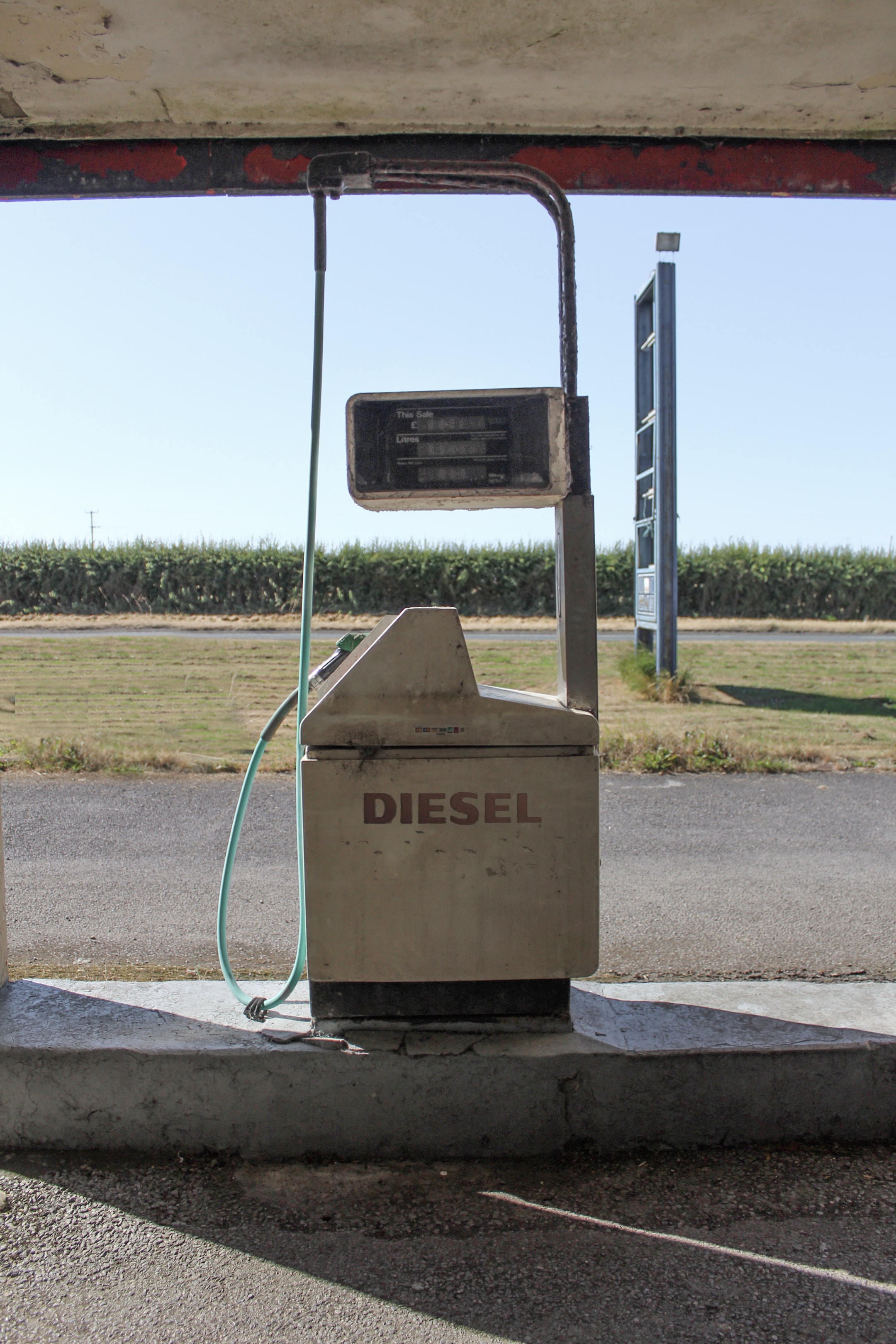
Advisor: David Elsenbast
Industry: Fats and oils; renewable fuels
Areas of Expertise: Renewable fuels market and manufacturing operations, specifically renewable diesel and biodiesel. Thorough understanding of the federal, state, and global policy around renewable fuels. Expertise in feedstock markets used to produce biodiesel and renewable diesel, the global S&D balance sheets, the economics, and how these markets trade. Understanding of the strengths and weaknesses of the major producers in these markets.
We recently had a chance to chat with fats and oils expert David Elsenbast who is based out of Ames, Iowa. Below is a recap of our conversation, with responses edited for clarity.
InquireOf: Describe the fats and oils industry in 60 seconds or less.
David: One of the oldest industries is the rendering sector wherein dead animals and leftover parts from slaughter facilities go to rendering facilities and the fat and protein products are extracted. From there, fat products are moved into a variety of different industries.
The fats and oils industry specifically deals with converting natural fats and oils into energy products that power diesel transportation. The end results are biodiesel or renewable diesel; both of which use the same natural fats and oils as the raw materials but have different manufacturing processes and end materials.
InquireOf: What are the most interesting trends you see in the fats and oils industry today?
David: Biodiesel has been the early leader for the first 10-15 years in the renewable fuels industry; most production was geared towards biodiesel. More recently, there is a desire to produce renewable diesel, a better (more fungible) fuel than biodiesel, which the market prefers.
The production plants producing renewable diesel have much better margins, so a lot of capital is being directed into both renewable diesel plants and projects. We'll likely see the high-water mark on biodiesel production this year and going forward it will decrease as renewable diesel production increases.
A lot of money has been invested in biodiesel plants over the last 15 years. The question will be how to remain profitable if they can no longer make biodiesel with their assets. There will be significant capital invested in the renewable diesel side. Many people will be wondering how to exit from the industry and recover some of their investment.
Renewable diesel has better margins because of the policy involved (related to compliance). Within compliance markets you can capture the compliance value as margin. In biodiesel you have to share the margin with the downstream fuel blending partners.
InquireOf: What shifts have you seen over the last five years in your industry?
David: The energy market has become larger and larger. They're now making a significant replacement of petroleum diesel, which helps us with lower greenhouse gas emissions. The lower intensity products are good for a variety of reasons.
As the market expands, the quest for feedstock supply is top of mind. As the renewable energy industry tries to grow, they need access to feedstock to convert. If the industry does continue to grow at its current pace, the availability of sufficient feedstock is the hot question.
InquireOf: What trends should people look to see in the next 18-24 months?
David: The fats and oils industry will see a more global movement of feedstocks. Moving shiploads of cooking oil away from China into the compliance renewable fuel markets will happen. It will either go to Europe or the US, which are the two major compliance renewable fuel markets going through the most growth, resulting in more global competition for feedstocks. The question will be who will be able to afford them? One of the major customers for fats in the US is a company that buys feedstocks here in the US, ships it to Singapore, converts it into renewable diesel there, and then ships it back to the California fuel market.
Another big trend is the low carbon fuel standard markets. California has a very aggressive, positive carbon reduction objective for their state. They achieve it by using more of these fuels at the expense of petroleum diesel (carbon credits). Carbon credits add up to a significant amount of money for the renewable diesel producers, which is why their margins are so impressive.
Finally, low carbon fuel standard is a big trend that is expanding, particularly in California, and will probably expand to many other states over the next 10 years. Currently the federal government is less than enthusiastic about expanding the federal Renewable Fuels Standard (RFS), but the states are stepping in with their policy and making a more meaningful contribution. The Federal government recently renewed the $1 per gallon tax credit for biodiesel and renewable diesel out through 2022, which is a major support for this industry and is sure to spark growth for years to come.
----------
Why Connect with David?
David has been deeply involved in the fats and oils industry his entire career. In his 16 years with a specialty feed company he was involved in all aspects of the business including procurement, purchasing, transportation, manufacturing, plant management, business development, and was the GM of a business unit.
He then spent a dozen years with Renewable Energy Group as the biodiesel industry was taking off as the VP of their supply chain. Most recently he has had a more international focus setting up vendor relationships and supply chains in Europe, South America, Asia, and Australia.
Most recently, David has spent the last couple of years running his own consulting and commodity trading business, focused in the fats and oils and renewable fuels space.
David has been involved in many private equity deals from sourcing to due diligence.
Fun fact: David recently hiked the Camino de Santiago in Spain with three lifelong friends.
If you’d like to connect with David or similarly experienced industry experts, you can learn more here.
If you’d like to join InquireOf as an advisor, you can do so here.
Thanks for reading and stay tuned for further advisor spotlights.